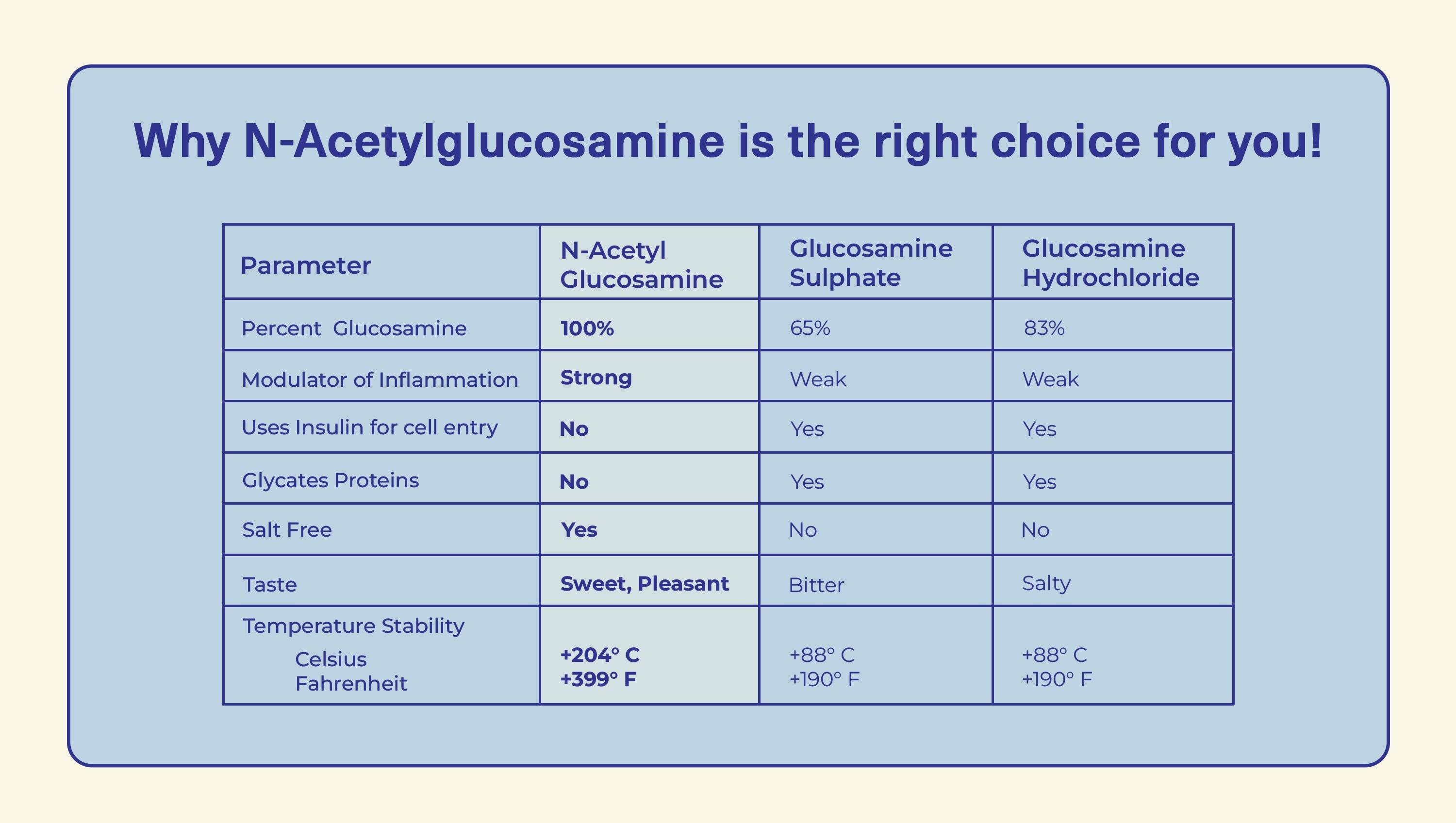

· By Pooja Kukreja
Newly Diagnosed with Crohn's or Colitis? Here's the Tips
Being diagnosed with Crohn’s disease or colitis can feel overwhelming. It’s a lot to take in, and you might be wondering how to manage your condition effectively. The good news is, with the right approach, you can lead a full and active life. Here are essential tips to help you navigate your new diagnosis.
Empower Yourself with Knowledge
Imagine having the confidence to manage your symptoms and reduce flare-ups simply by understanding your condition better. Knowledge is power, especially when managing a chronic condition. Learn as much as you can about Crohn’s disease and ulcerative colitis. Understanding the symptoms, triggers, and treatment options will help you take control of your health.
Listen to Your Body
When dealing with pain, it can be challenging to tune into your body's signals. However, paying attention to these cues can be highly beneficial. Here are some tips to help you listen to your body:
- When you feel sleepy at night, go to bed.
- When you start to feel hungry, eat something delicious and easy to digest.
- When you’re feeling tired, take some time to rest.
-
When you’re stressed or irritated, take a break to relax.
Recognizing and responding to these signals can make a significant difference in managing your condition and overall well-being.
Seek Support
Support is crucial when managing Crohn's or colitis. Here are five types of support you can receive, along with examples:
- Emotional: A friend regularly checks in to see how you're doing.
- Tangible: A loved one drives you to your doctor's appointment.
- Informational: A family member shares a link to an IBD learning webinar.
- Esteem: Someone close to you expresses pride in your commitment to taking your medication daily.
-
Social Network: Attending a Crohn's and colitis support group.
Having a strong support system can significantly impact your ability to manage your condition and maintain your well-being.
Ask for Help When You Need It
It can be difficult to ask for help, but it's important to reach out when you need support. For example, if your symptoms are particularly severe in the morning, consider asking your partner to help get the kids ready for the day. You might also talk to your boss about starting work later or working from home during those tough mornings.
Consider Dietary Adjustments
While everyone's body reacts differently to foods, making dietary adjustments can sometimes help manage symptoms. Work with a dietitian to identify foods that may trigger flare-ups and find nutritious alternatives that you enjoy. Keeping a food diary can also help you pinpoint problem foods and better understand how your diet affects your symptoms.
Conclusion
Being newly diagnosed with Crohn’s or colitis can be daunting, but you are not alone. By empowering yourself with knowledge, listening to your body, seeking support, asking for help, and making thoughtful dietary adjustments, you can effectively manage your condition. Remember, it's about finding what works best for you and making adjustments as needed to live a fulfilling and active life.



